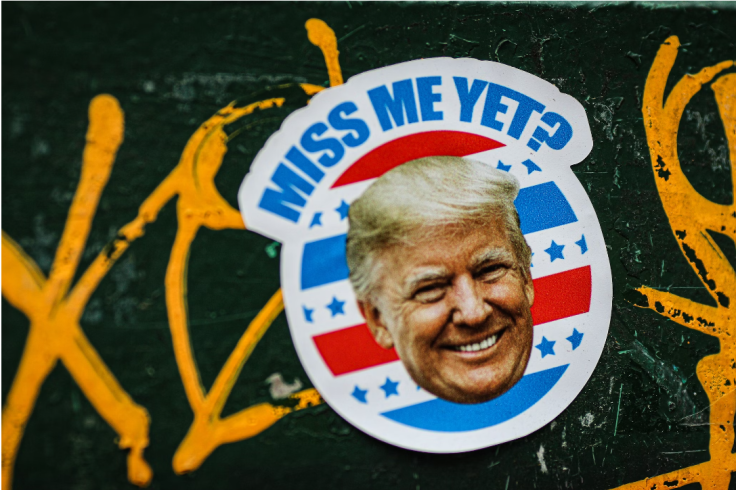In the ever-evolving landscape of American politics, the unexpected resurgence of Donald J. Trump within the Republican Party has been a captivating narrative.
While working-class voters were the initial driving force behind Trump's rise, a subtle but significant shift has taken place as college-educated conservatives find themselves drawn back into the fold. This article explores the factors contributing to this remarkable political realignment and the implications it holds for the upcoming elections.

The Trump Turnaround
Just a year ago, Donald Trump faced skepticism among college-educated Republicans, trailing behind Governor Ron DeSantis in some surveys. However, a cascade of 91 felony charges in four criminal cases did not deter his political recovery. Trump's ability to rally every faction of the party, including the white working class, has been noteworthy, but the most surprising rebound comes from college-educated conservatives.
Reasons Behind the Shift
The resurgence of support for Trump among college-educated Republicans appears to be a reaction to the current political climate rather than an enthusiastic embrace of Trump's controversial persona. Many express frustration with what they perceive as excessive and unfair legal investigations against the former president. Some cite a lackluster view of DeSantis and a belief in Trump's electability against other potential candidates like Nikki Haley.
Interviews with nearly two dozen college-educated Republican voters reveal a common thread - a preference for Trump based on domestic priorities over foreign relations, coupled with frustration over high-interest rates. Fox News viewers, in particular, are mentioned as a group returning to Trump, driven by a pragmatic desire to unite the party against President Biden.
The Trump-Centric Decision
As the presidential nominating season unfolds, college-educated Republicans face a critical decision that will shape the party's trajectory. Whether to stick with Trump, swing back to DeSantis, or align behind Haley will determine the party's course not only in the primary but also heading into the general election and beyond.
From Doubts to Dominance
Trump's dominance in current Republican primary polls starkly contrasts with the scenario a year ago. Back then, a significant portion of the party, including 76% of college-educated Republicans, desired a different nominee despite supporting Trump's policies. Recent polls show a remarkable reversal, with Trump securing support from 62% of Republican voters, including 60% of those with a college degree.
The Impact of 2020 Defections
The loyalty of college-educated voters is crucial for Trump, given that defections within this group played a significant role in his 2020 electoral defeat. Understanding this, the Trump campaign strategically focuses on attacking President Biden, aiming to unite Republicans against a common adversary and addressing a top concern among GOP voters.
Economic and Security Concerns
The shift toward Trump among college-educated Republicans is not uniform, with varying reasons cited by individuals. Concerns about foreign conflicts, a desire for a strong stance against China, and worries about the economy are factors pulling some back into Trump's camp. The belief that Trump's administration delivered a more robust economy is a recurring theme among supporters.
The unexpected resurgence of support for Donald Trump among college-educated conservatives adds a fascinating layer to the intricate tapestry of American politics. As the Republican Party navigates the upcoming elections, the choices made by this demographic will undoubtedly shape the party's future. Whether driven by frustration with legal investigations, concerns about foreign policy, or a desire for economic stability, the return of college-educated Republicans to Trump's camp reflects the complexity and dynamism of political allegiances in contemporary America.
RELATED ARTICLE : The Ripple Effect Of Trump-Era Tax Changes On College Donations
© 2025 University Herald, All rights reserved. Do not reproduce without permission.








